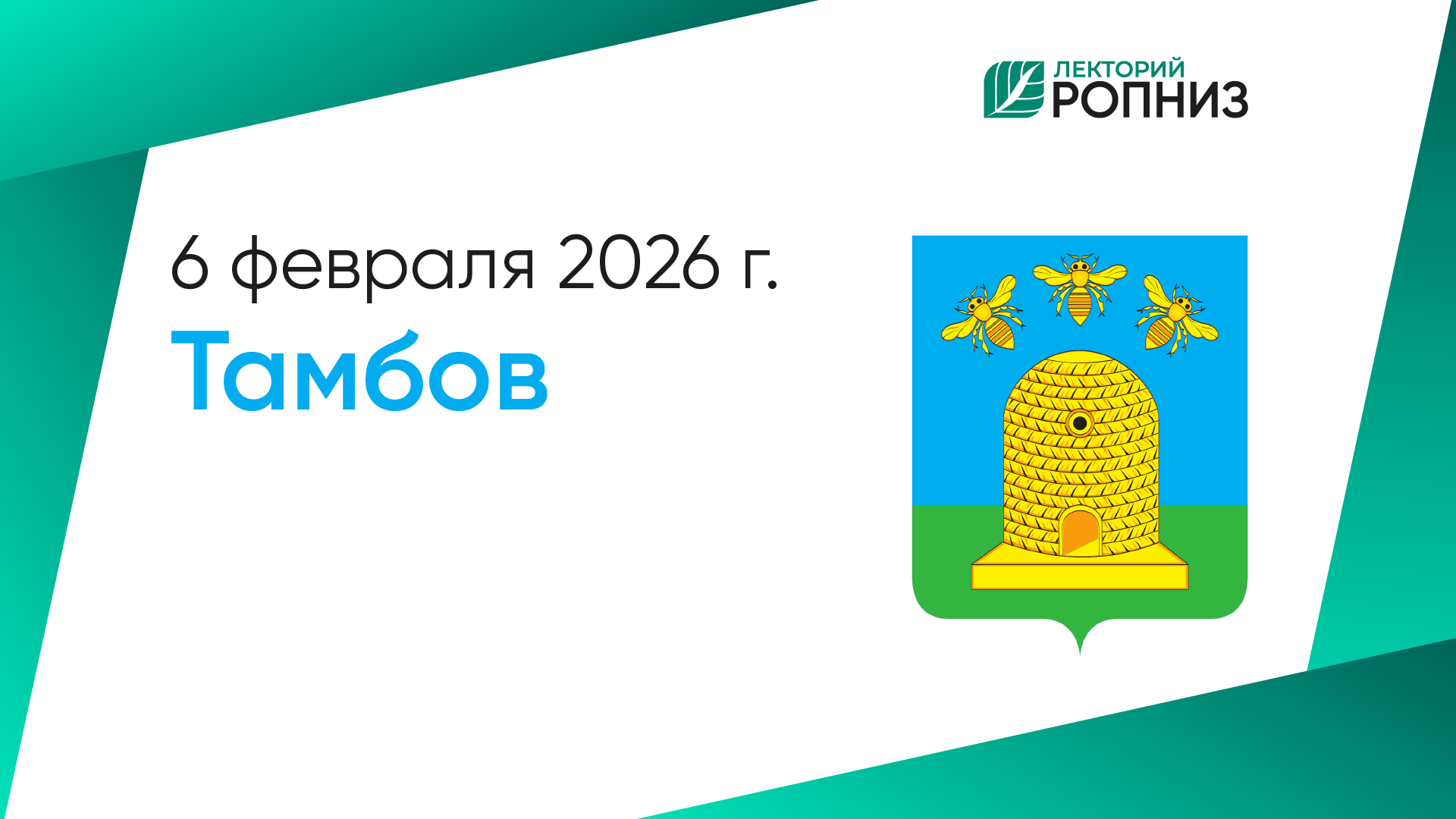Doctors and Pharmacists: Colleagues or Competitors? Expert Council Resolution
https://doi.org/10.15829/3034-4123-2025-44
EDN: PXPKYW
Abstract
Division of the professional competencies of doctors and pharmacists is especially relevant due to increasing seeking medical advice by population from a pharmacy rather than a medical organization. This trend is driven by a shortage of physicians, difficulties in scheduling appointments, and long waiting times for consultations. Pharmacists are forced to go beyond their competencies, posing risks both to patients and to the professionals themselves, who are not authorized to diagnose diseases or prescribe treatments. The easy accessibility of overthe-counter medications, the vast amount of online health information, and aggressive pharmaceutical advertising contribute to the misconception that a physician’s consultation is not essential before taking medications. Selfmedication increases the risk of adverse reactions and severe consequences. Therefore, doctors and pharmacists must collaborate to address this issue.
Lack of communication between specialists is another challenge. Physicians prescribe treatments without always considering the availability, cost, and alternatives of medications in pharmacies. In turn, pharmacists may suggest substitutions without a complete understanding of the patient’s clinical condition. In addition, their legal status in consulting is limited, since they can only inform about pharmacy products, which limits their role in disease prevention. On December 19, 2024, as part of the International Congress "Therapy and Preventive Medicine", the All-Russian Conference "Doctors and Pharmacists: Colleagues or Competitors?" was held. Experts discussed pressing issues and proposed solutions. The key theses of the Expert Council’s resolution are presented in this article.
About the Authors
O. M. DrapkinaRussian Federation
Moscow
E. V. Nevolina
Russian Federation
Moscow
L. Yu. Drozdova
Russian Federation
Moscow
A. V. Kontsevaya
Russian Federation
Moscow
T. A. Kunyaeva
Russian Federation
Saransk
M. A. Livzan
Russian Federation
Omsk
E. A. Lavrenova
Russian Federation
Moscow
A. A. Svishcheva
Russian Federation
Moscow
R. N. Shepel
Russian Federation
Moscow
A. A. Yafarova
Russian Federation
Moscow
References
1. Zhang W, Li SR, Cao SS, et al. Global research progress in pharmacy education. Curr Pharm Teach Learn. 2025;17(1):102157. doi:10.1016/j.cptl.2024.102157.
2. Chiu K, Thow AM, Bero L. "Never waste a good crisis": Opportunities and constraints from the COVID-19 pandemic on pharmacists’ scope of practice. Res Social Adm Pharm. 2022;18(9):3638-48. doi:10.1016/j.sapharm.2022.03.045.
3. Zielińska-Tomczak Ł, Cerbin-Koczorowska M, Przymuszała P, et al. Pharmacists’ Perspectives on Interprofessional Collaboration with Physicians in Poland: A Quantitative Study. Int J Environ Res Public Health. 2021;18(18):9686. doi:10.3390/ijerph18189686.
4. Mossialos E, Courtin E, Naci H, et al. From "retailers" to health care providers: Transforming the role of community pharmacists in chronic disease management. Health Policy. 2015;119(5):628-39. doi:10.1016/j.healthpol.2015.02.007.
5. Koncedalov RA. Application of the Unified National System for Digital Labeling and Product Traceability "Chestny Znak". Saint Petersburg Scientific Bulletin. 2021;1(10):5. (In Russ.)
6. Nikolaidi EN, Milyutina AP, Usova AV, et al. Symptom checkers for patients in the Russian-language internet segment: a comparative analysis. Vrach i Informatsionnye Tekhnologii. 2023;2:28-41. (In Russ.) doi:10.25881/18110193_2023_2_28.
7. Prosvirkin GA, Dorofeeva VV. Telepharmacy as a promising direction for the development of pharmaceutical care in the context of digital transformation. Remedium. 2023;27(1):81-5. (In Russ.) doi:10.32687/1561-5936-2023-27-1-81-85.
8. Shchepetov VV, Cheglov VP. Online sales of pharmaceutical goods in the consumer market of Russia: dynamics, growth drivers, infrastructure, and prospects. Ekonomika i Upravlenie: Problemy, Resheniya. 2024;10(7):85-91. (In Russ.) doi:10.36871/ek.up.p.r.2024.10.07.010.
9. Soboleva MS. Providing pharmaceutical counseling to visitors of pharmacy organizations in routine pharmaceutical practice. PharmacoEconomics. Modern Pharmacoeconomics and Pharmacoepidemiology. 2023;16(2):258-65. (In Russ.) doi:10.17749/2070-4909/farmakoekonomika.2023.176.
10. Prosvirkin GA, Dorofeeva VV. Remote pharmaceutical consultation using a chatbot. Mediko-Farmatsevtichesky Zhurnal "Puls". 2024;26(4):180-5. (In Russ.) doi:10.26787/nydha-2686-6838-2024-26-4-180-185.
11. Oleinikova TA, Barybina ES. A rational approach to responsible self-medication through the prism of pharmaceutical counseling. Remedium. 2022;1:26-9. (In Russ.) doi:10.32687/1561-5936-2022-26-1-26-29.
12. Dalton K, Byrne S. Role of the pharmacist in reducing healthcare costs: current insights. Integr Pharm Res Pract. 2017;6:37-46. doi:10.2147/IPRP.S108047.
13. Ramdas N, Meyer JC, Schellack N, et al. Knowledge, attitudes, motivations and expectations regarding antimicrobial use among community members seeking care at the primary healthcare level: a scoping review protocol. BMJ Open. 2025;15(1):e088769. doi:10.1136/bmjopen-2024-088769.
14. Bluml BM, Hamstra SA, Tonrey LL, et al. Pharmacist assessments and care to improve adult vaccination rates: A report from project IMPACT vaccine confidence. J Am Pharm Assoc. 2024;64(3):102061. doi:10.1016/j.japh.2024.102061.
15. Burnand A, Woodward A, Kolodin V, et al. Service delivery and the role of clinical pharmacists in UK primary care for older people, including people with dementia: a scoping review. BMC Prim Care. 2025;26(1):10. doi:10.1186/s12875-024-02685-x.
Review
For citations:
Drapkina OM, Nevolina EV, Drozdova LY, Kontsevaya AV, Kunyaeva TA, Livzan MA, Lavrenova EA, Svishcheva AA, Shepel RN, Yafarova AA. Doctors and Pharmacists: Colleagues or Competitors? Expert Council Resolution. Primary Health Care (Russian Federation). 2025;2(1):6-15. (In Russ.) https://doi.org/10.15829/3034-4123-2025-44. EDN: PXPKYW
JATS XML























